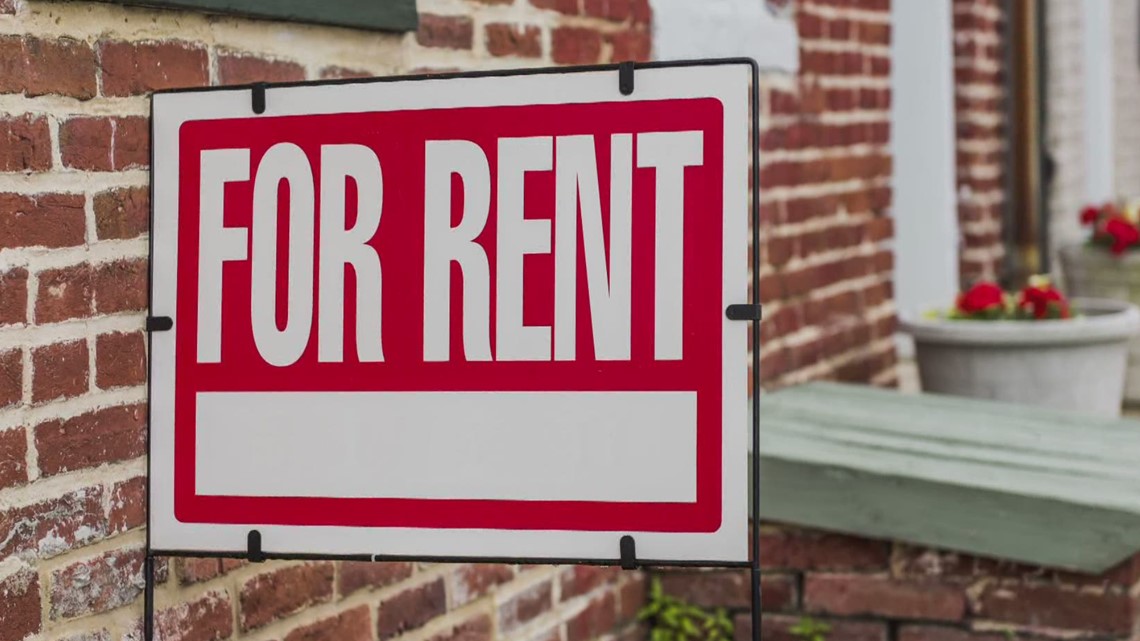As a tenant in Maryland, navigating rent increases can be a challenging and often confusing process. Landlords generally have significant freedom to adjust rent prices, but there are important limitations you should know about. This article breaks down the key elements of Maryland’s rent increase laws in 2024, providing tenants with the knowledge they need to protect their rights and make informed housing decisions.
The Absence of Statewide Rent Control
Unlike some states, Maryland does not have statewide rent control laws. This means that, in most cases, landlords are not subject to a maximum percentage by which they can increase rent. However, it’s crucial to be aware of local ordinances that may provide a level of regulation.
Local Rent Stabilization Ordinances
Several counties and cities in Maryland have enacted their own rent stabilization ordinances. These local laws may place limits on the amount and/or frequency of rent increases. Some of the areas with rent stabilization measures include:
- Montgomery County: Montgomery County has a rent stabilization program that typically limits annual rent increases to the rate of inflation, as measured by the Consumer Price Index (CPI), plus a small percentage. Landlords may apply for exemptions under certain circumstances. [https://www.montgomerycountymd.gov/dhca/Tenants/RentStabilization.html]
- Takoma Park: The city of Takoma Park also has rent stabilization measures in place. It’s important to check the city’s website or contact local housing authorities for the most up-to-date information.
It’s essential for tenants to research the specific rent regulations in their county or city, as these local ordinances can significantly impact their rights regarding rent increases.
Notice Requirements for Rent Increases
Maryland law mandates that landlords provide tenants with advance written notice before increasing rent. The specific notice period depends on the type of tenancy:
- Month-to-Month Tenancies: For month-to-month tenancies, landlords are required to provide at least 60 days’ notice prior to a rent increase.
- Leases Longer Than a Month: For leases with terms exceeding one month, landlords must provide at least 90 days’ notice before implementing a rent increase.
These notice periods ensure that tenants have sufficient time to plan for the financial impact of a rent increase, consider their options, and potentially negotiate with their landlord.
Restrictions on Rent Increases During Lease Terms
A fixed-term lease (such as a one-year lease) provides tenants with a degree of stability and predictability regarding their rent. During the lease term, a landlord cannot raise the rent unless the lease agreement specifically includes a provision allowing for such an increase. This underscores the importance of carefully reviewing your lease agreement before signing.
Protections Against Discrimination and Retaliation
Tenants in Maryland are protected from discriminatory or retaliatory rent increases.
- Fair Housing Laws: The federal Fair Housing Act and Maryland state laws prohibit landlords from raising rent based on protected characteristics like race, religion, national origin, sex, disability, and familial status.
- Retaliation: Landlords cannot increase rent as a form of retaliation against tenants who exercise their legal rights. These rights could include reporting housing code violations, requesting repairs, or joining a tenants’ association.
If you believe you have been the victim of a discriminatory or retaliatory rent increase, you may file a complaint with the Maryland Commission on Civil Rights or the U.S. Department of Housing and Urban Development (HUD).
Additional Resources for Tenants
Several resources are available to help tenants in Maryland understand their rights and navigate rent increases:
- Maryland Attorney General’s Office – Consumer Protection Division: The Consumer Protection Division provides information and assistance to tenants regarding landlord-tenant disputes, including issues related to rent increases. https://www.marylandattorneygeneral.gov/Pages/CPD/default.aspx]
- Maryland Legal Aid: Maryland Legal Aid offers legal services to low-income residents, including assistance with housing-related matters. https://www.mdlab.org/]
- Local Tenant Advocacy Organizations: Many counties and cities in Maryland have tenant advocacy organizations that provide education, counseling, and potential legal representation for tenants facing rent increases or other housing issues. Search online or contact your local housing authority for information on organizations in your area.
Frequently Asked Questions (FAQs)
- Can my landlord raise my rent by any amount?
In most cases, there’s no statewide limit on how much a landlord in Maryland can increase rent. However, local rent stabilization ordinances may apply in your area. It’s always best to consult your lease agreement and local ordinances for specific rules.
- What can I do if I believe my rent increase is unreasonable?
If you feel your rent increase is excessive, you can try negotiating with your landlord. If negotiations are unsuccessful, and you reside in an area with rent stabilization, you might have the option to challenge the increase through your local housing authority’s established procedures.
- Can my landlord raise my rent if I complain about repairs?
No. Landlords in Maryland cannot retaliate against tenants for exercising their right to request repairs or report housing code violations. Any rent increase implemented in such circumstances may be considered retaliatory and illegal.
- Where can I find more information about tenant rights in Maryland?
The Maryland Attorney General’s Office provides a comprehensive guide to tenant rights in the state. You can access this guide online or contact their Consumer Protection Division for additional assistance.
Important Note
Laws and regulations regarding rent increases can be complex and may change over time. It’s highly recommended that tenants seek advice from legal aid services or tenant advocacy organizations, especially if they face a significant or potentially unfair rent increase. These resources can assist with understanding specific laws, interpreting lease agreements, and exploring options to challenge excessive increases.
Conclusion
Understanding Maryland’s rent increase laws is essential for tenants to make informed decisions and safeguard their housing rights. Familiarize yourself with state-level regulations, any applicable local ordinances, the terms of your lease agreement, and the resources available for support. By being proactive and informed, you can navigate rent increases effectively and maintain stable housing.



